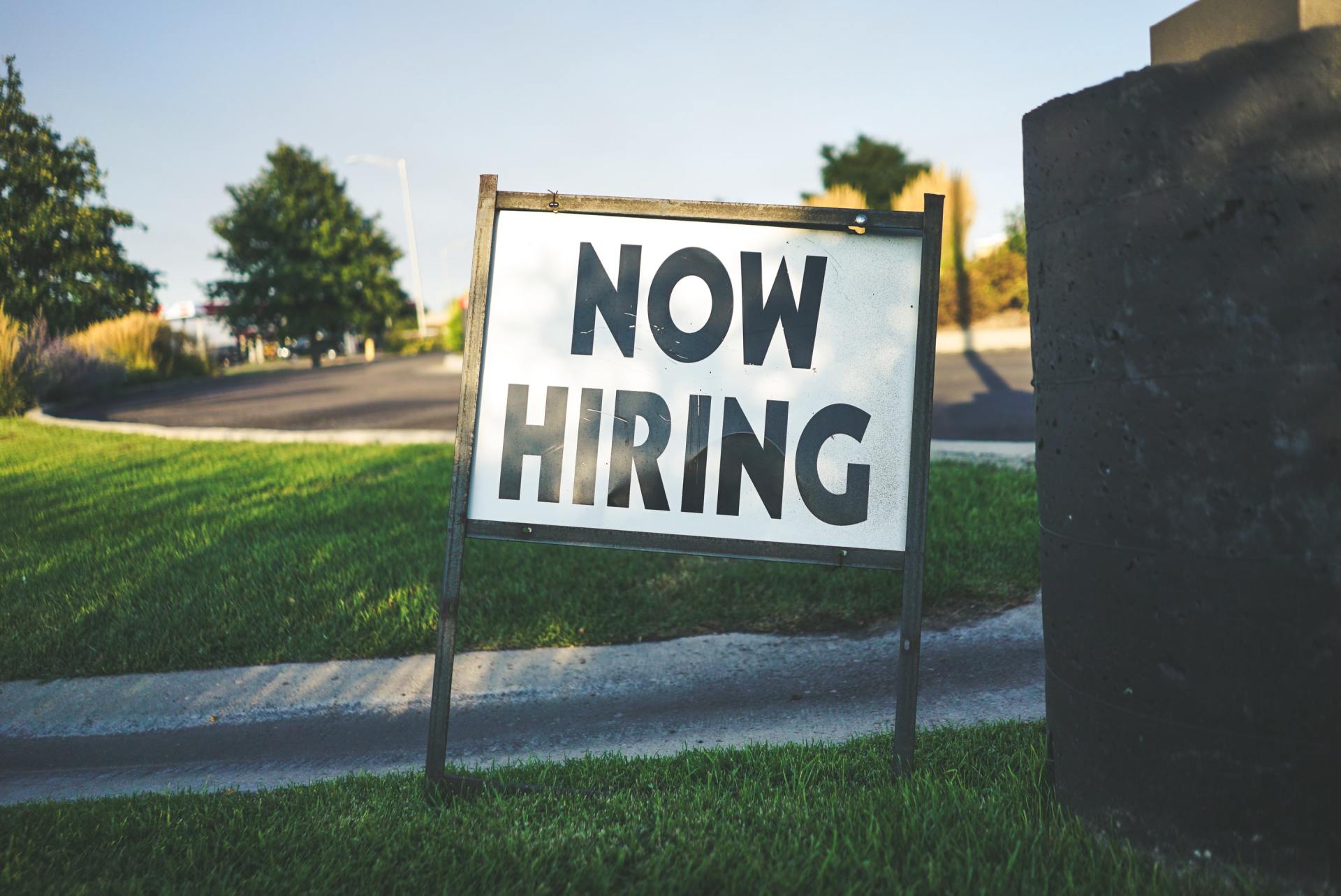
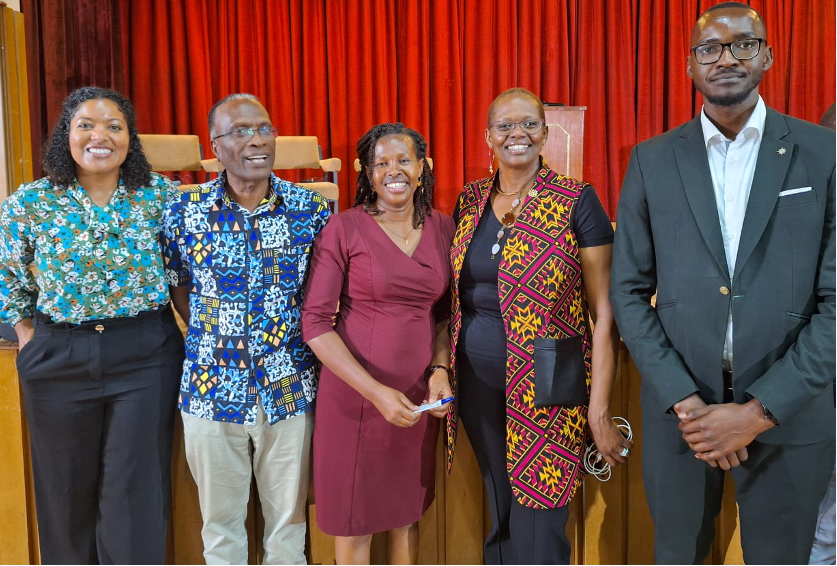
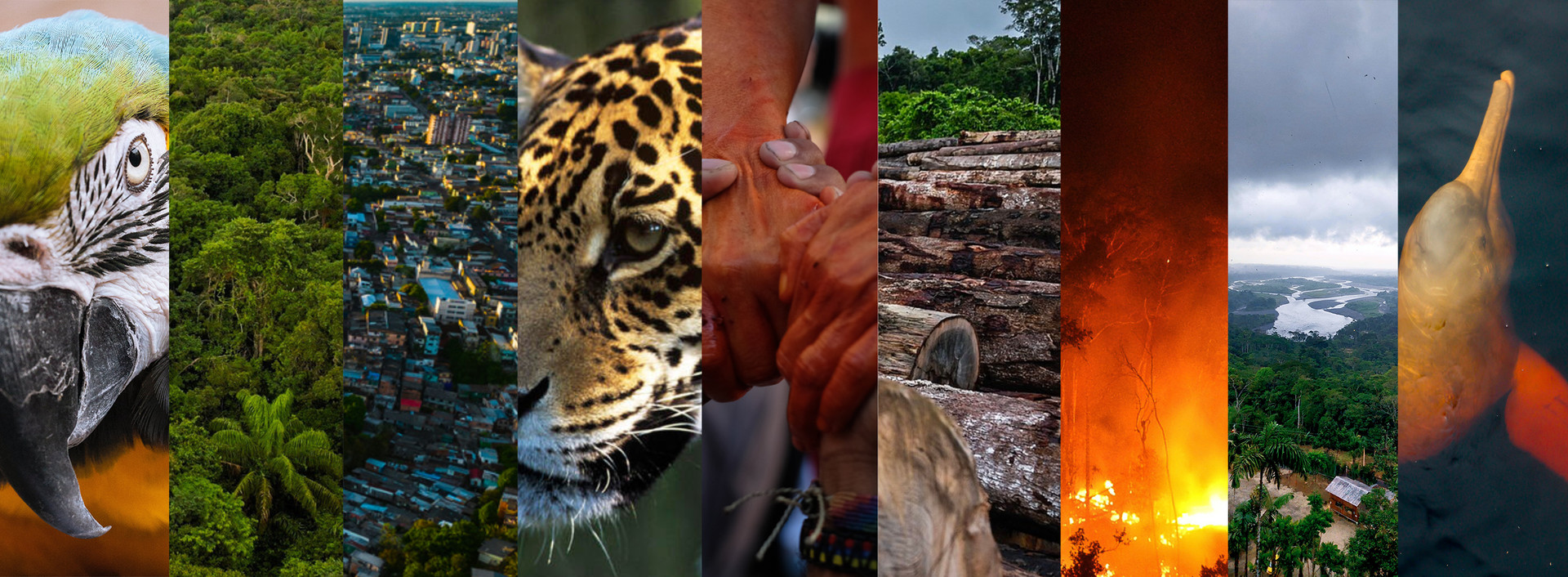
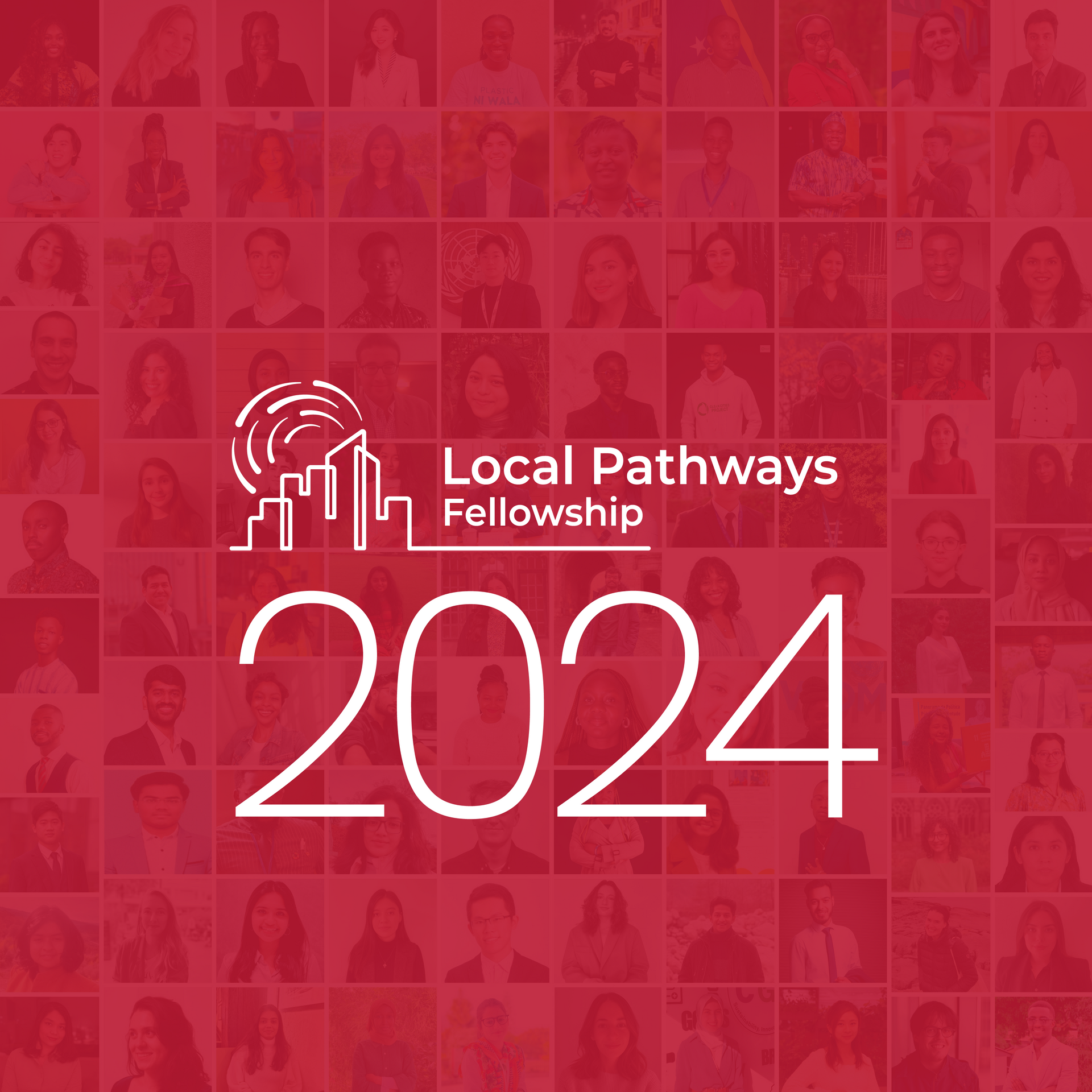
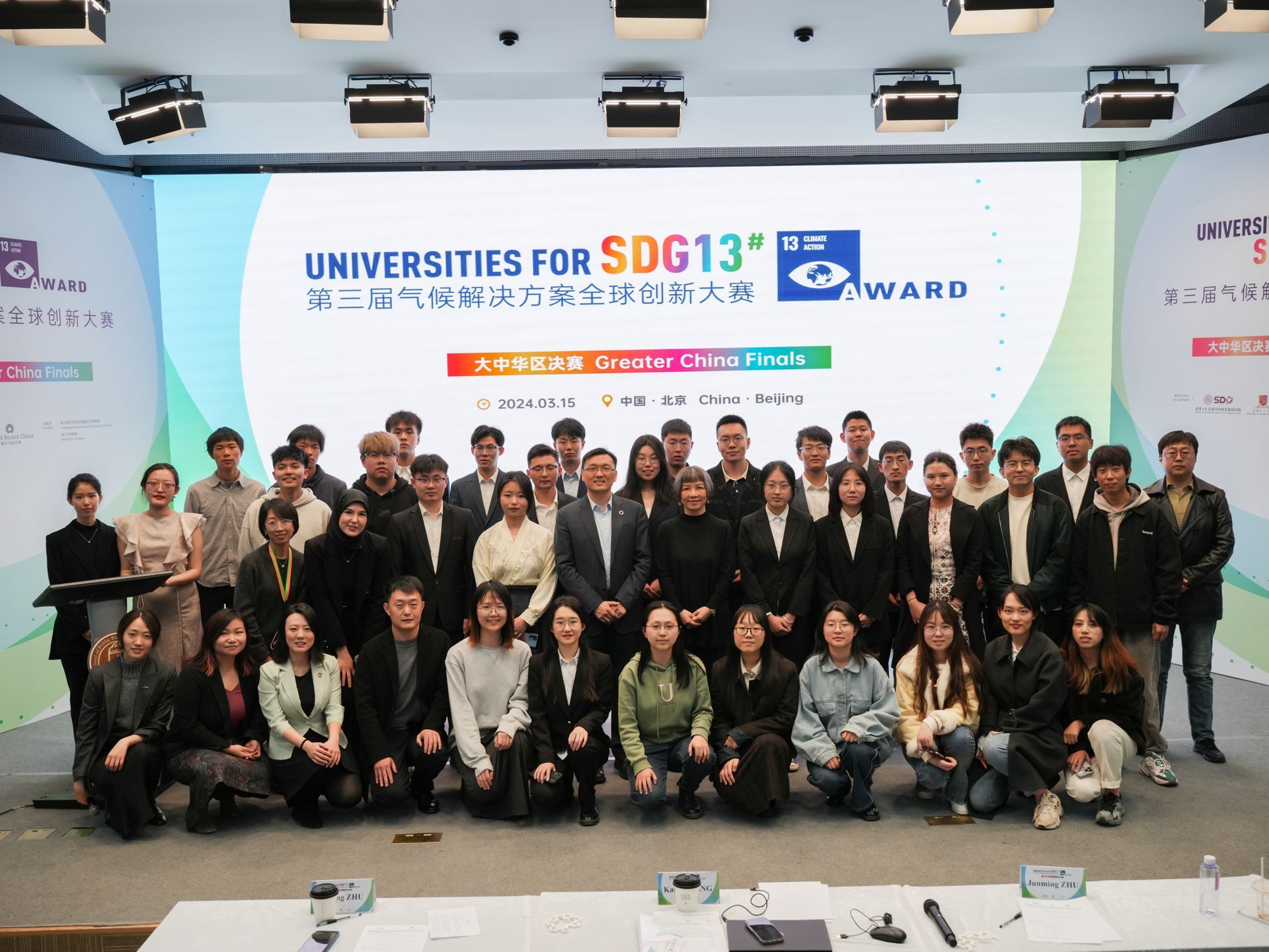
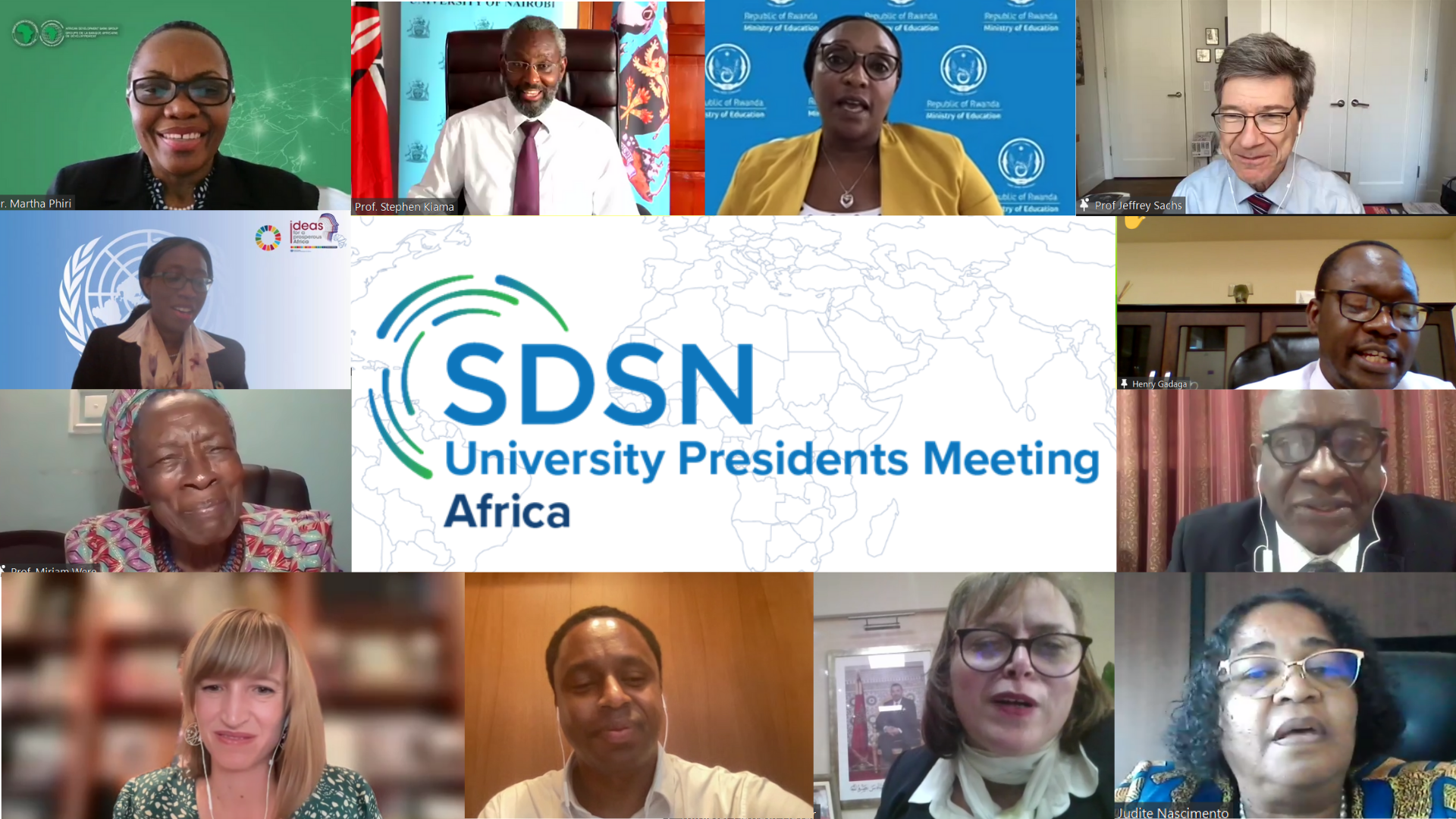
On Thursday, March 10, the Africa University Presidents meeting brought together University Presidents, UN and Government representatives, along with experts from the region, SDSN Network Chairs, Managers, and members of the SDSN Leadership Council, to discuss how African Higher Learning Institutions (HLIs) can contribute in achieving the Sustainable Development Goals (SDGs) and the Paris Agreement and engage with local governments through their key functions.
Throughout this 3 hours meeting, which welcomed over 130 participants, including the Presidents of more than 100 universities from 43 different countries, speakers and participants emphasized the significance of making universities global leaders in achieving the 17 SDGs.
Professor Jeffrey Sachs, President of SDSN, welcomed the participants to the third in a series of meetings of University Presidents convened by the SDSN, focusing on Africa. SDSN was launched a decade ago under the auspices of the UN Secretary General and aims to support universities in promoting sustainable development, providing policy advice, and convening relevant stakeholders. Sachs noted that African universities are young and dynamic and has offered support to the SDSN in realizing their ideas and responding to their needs. Prof. Sachs identified four initial themes for the meeting as follows: increased enrollment of African youth in higher education, including through the use of digital technologies, improved pedagogy and student engagement, mainstreaming education for sustainable development and the role of SDSN in supporting the multiple missions of universities. By joining forces around these issues, universities will be able to educate future leaders and prepare them to overcome great societal challenges in the future.
Opening Remarks were given by Mr. Abdoulaye Mar Dieye, UN Special Coordinator for Development in the Sahel, Dr. Aawatif Hayar, Minister of Solidarity, Social Integration and Family of Morocco and Dr. Valentine Uwamaliya, Minister of Education in Rwanda. Mr. Dieye emphasized the key role played by universities in promoting sustainable development and called that such role should be further amplified. He expressed satisfaction with the rising number of African universities appearing in The Times Higher Education (THE) Impact Rankings, although they still represent a small share in the overall list. Universities are the engines in the UN Decade of Action as their action on the SDG 4 are providing high returns on peace and prosperity and are having a multiplier effect on all SDGs.
Minister Aawatif Hayar shared her experience leading Hassan II University Casablanca in a digital transformation. Thanks to this transformation, upon the emergence of the Covid-19 pandemic ,the university was able to switch from in-person to distance learning in less than a month. As limited access to the internet became an obstacle for many of the students, the Ministry provided free access to the University’s platform, and after the lockdown, the University opened e-learning centers where students were able to come and follow lectures remotely. In her current role, Hayar cited some of the government's efforts in reinforcing the pillars of the social state in the context of the agenda 2021-2026. In particular, the main objective of the Ministry of Solidarity, Social Integration and the Family is to improve and facilitate access to technical and professional training for the most vulnerable parts of the population. By engaging a large number of people, including those suffering from hard social conditions, citizens will contribute to the achievement of the SDGs.
Dr. Valentine Uwamaliya, Minister of Education in Rwanda, noted that the SDG 4 on ensuring inclusive and equitable quality education and lifelong learning opportunities for all has a far-reaching impact on all other SDGs. The Minister echoed the significant role of universities in achieving the SDGs and the Paris Climate Agreement. She stated that the universities have increasingly been expected to transcend their conventional teaching and research mission. By mobilizing and supporting some of the greatest minds, talent and experience, universities can find solutions to some of Africa’s complex and intricate challenges. Such a support system and environment must be fostered by government and university leaders in order to encourage researchers, students and technicians to bring new knowledge and innovative solutions in support of the SDGs. This will promote the development of knowledge, skills, understanding, values, and actions required to create a sustainable world.
These opening remarks were followed by a panel with Prof. Stephen Kiama, Vice-Chancellor, University of Nairobi, Prof. Tawana Kupe, Vice Chancellor, University of Pretoria, Prof. Olusola Bandele Oyewole, Secretary General, Association of African Universities, Dr. Martha Phiri, Director for Human Capital, Youth and Skills Development, African Development Bank, Dr. Vera Songwe, Executive Secretary, UNECA, and Prof. Miriam Were, Chairman of Kenya’s National AIDS Control Council.
The meeting then moved to three high level experts’ dialogue:
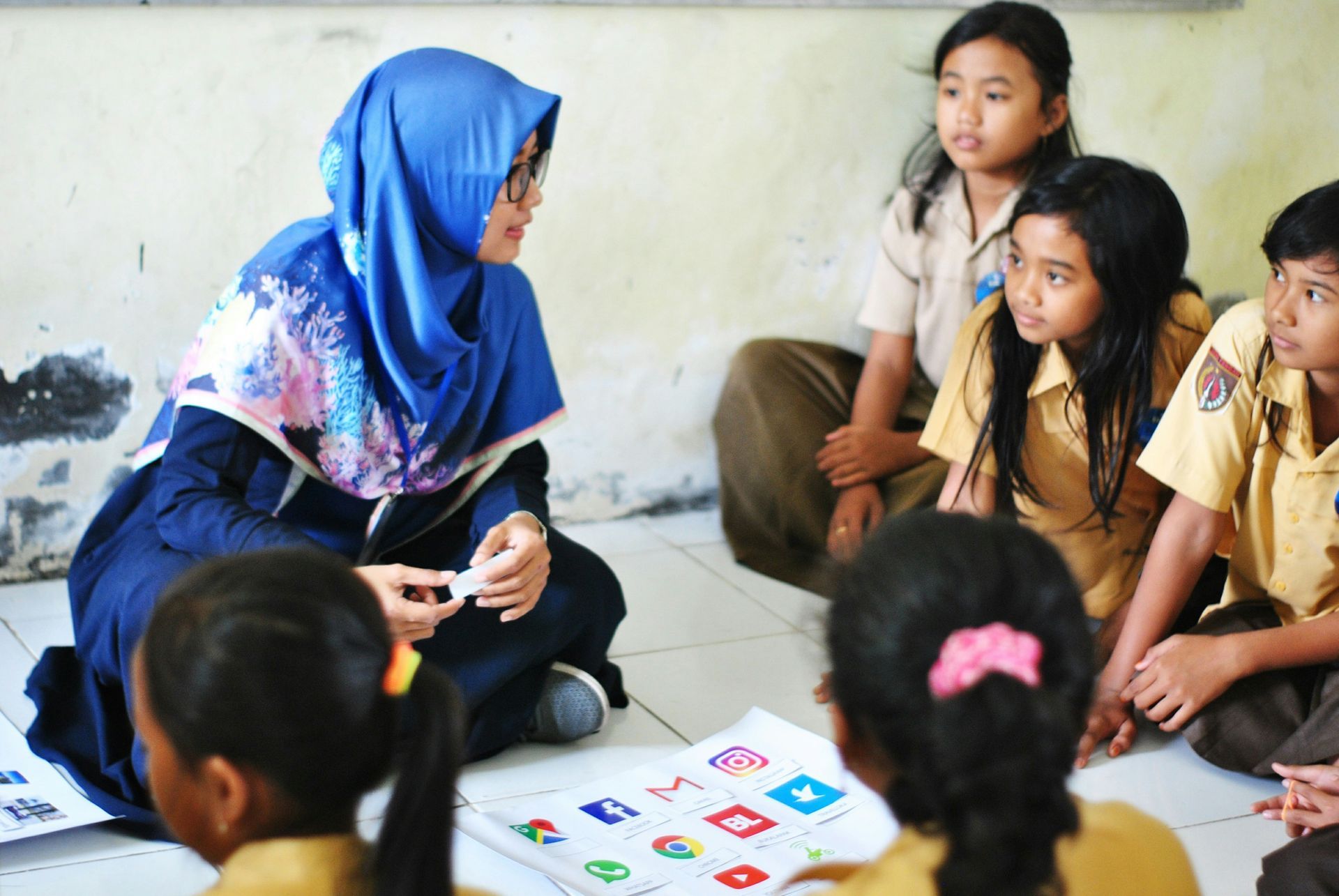





Get our latest insights, opportunities to engage with our networks, and more.
SDSN mobilizes global scientific and technological expertise to promote practical solutions for sustainable development, including the implementation of the Sustainable Development Goals (SDGs) and the Paris Climate Agreement.
Paris
19 rue Bergère
75009 Paris
France
+33 (0) 1 84 86 06 60
New York
475 Riverside Drive
Suite 530
New York NY 10115 USA
+1 (212) 870-3920
Kuala Lumpur
Sunway University
Sunway City Kuala Lumpur
5 Jalan Universiti
Selangor 47500
Malaysia
+60 (3) 7491-8622